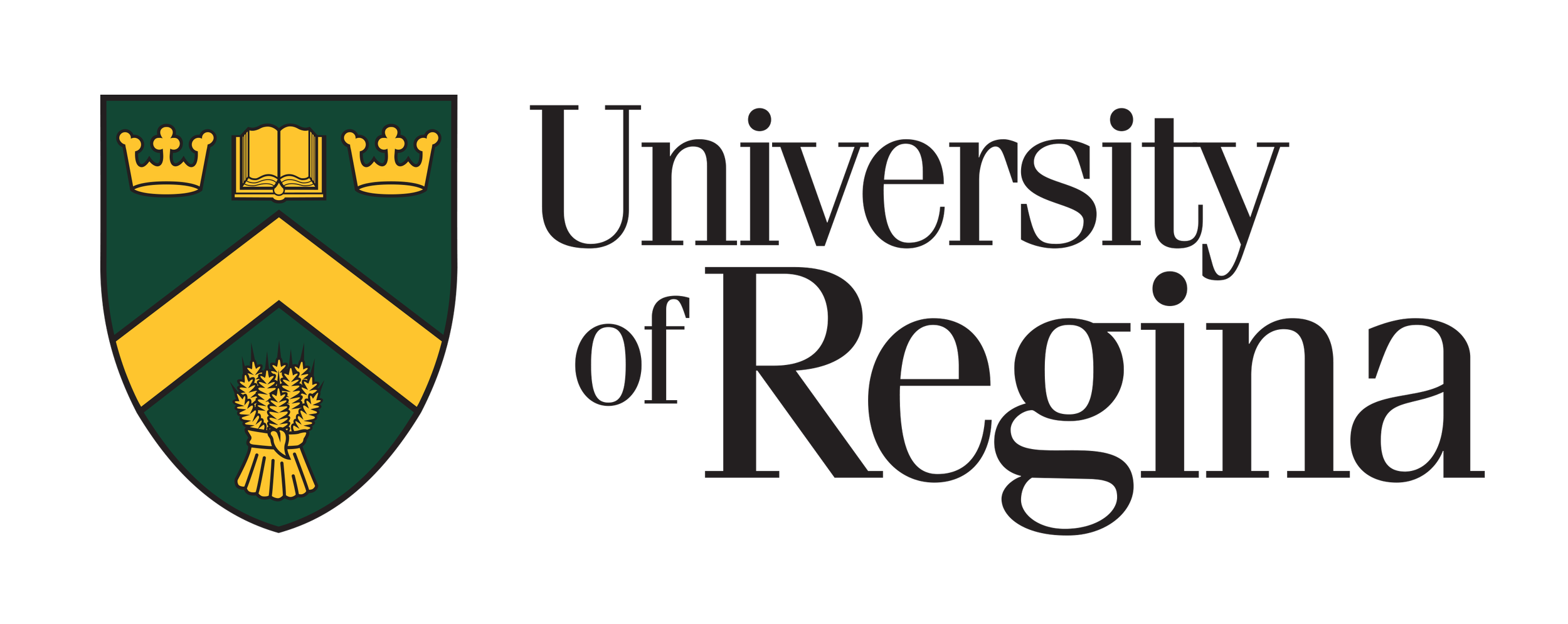Your Path to a Career in Geothermal
Several Canadian universities are active with geothermal programs and research, development and innovation projects. Many of these programs are funded in part by Canadian federal grants through the National Science and Engineering Council of Canada (NSERC) in addition to university, provincial and territorial support. Beyond those listed below, several other Canadian universities and colleges offer undergraduate and/or graduate programs with options to pursue research within the geothermal energy field.
Geothermal & Alternative Energy:
Research area in the Faculty of Science
Imaging, Characterizing and Modelling Canada’s geothermal resources
Fluid/Rock Interactions in Canada’s geothermal systems
Optimizing geothermal energy, production and utilization technology
Socio-economic roadmaps to commercial geothermal energy production in Western Canada
Multidisciplinary collaboration between members of the departments of Chemical and Petroleum Engineering and Civil Engineering (Schulich School of Engineering), the Department of Geoscience (Faculty of Science), and the Faculty of Law
Thermal and Fluid Flows in Reservoirs
Drilling, Well Designs and Completions
Thermodynamics and Surface Facilities
Sustainability, Social License and Indigenous Perspectives
Geothermal Research Program:
Laboratoire ouvert de géothermie (LOG): open access laboratory
Aquifers: a natural infrastructure for energy-efficient cooling to fight the urban heat island
Geothermal resources and technologies for active and closed mines
Analysis of heat transfer processes in favorable geothermal environments
The Grenville Province of southern Quebec: geophysical interpretations and implications for deep geothermal and regional correlations
Geothermal potential of sedimentary basins
Geothermal heat pump systems to heat greenhouses
Underground energy storage: heat, compressed air and hydrogen
Master in Earth Sciences - Joint Program with INRS and Reykjavik University
Earth Science Master program with focus on renewables
Focus on thermal response test interpretation, rapid and accurate simulation of ground coupled heat pump systems, and on the operation of standing column wells
Research projects benefit from a large scale geothermal laboratory (4 HPs operated in cooling or heating, data acquisition system, etc.) and from a smaller thermal response test unit.
Chaire de Recherche en Géothermie:
Dedicated to the integration of standing column well in commercial and institutional buildings
Géothermie de Basse Température:
Graduate course that mixes notions of hydrogeology and geotherma
Sustainable Energy and Infrastructure Systems Engineering (SEISE) Lab:
Techno- economic feasibility analysis of geothermal systems
Environmental risk/impact assessment of borehole thermal energy storage (BTES)
Integration of geothermal energy into district heating systems
Reliability engineering for geothermal energy facilities management
Modeling, simulation, and optimization of hybrid renewable energy systems at building, district, and community scales
Waterloo Institute for Sustainable Energy
Tools for analyzing power flow of modern microgrids at various scales
Compressed air offers energy storage insights using steel cased wellbores or geostorage
Solutions for greener energy and potable water – distillation and compressed air storage
Integrating local community knowledge into transitions from fossil fuel to renewable energy systems
Geothermal energy systems for remote, isolated communities
Low grade heat scavenging, storage and utilization for power and district heating
New technology for massively reduced CO2 oil sands exploitation
Deep liquid and solid waste injection and energy harvesting
Focus thermal sustainability of shallow geothermal systems
Numerical analysis of thermal performance of unconventional geothermal systems
Geothermal systems for permafrost stabilization
Thermal, hydraulic, and (geo)chemical (THC) modeling to develop geothermal energy from evaporite formations
Geothermal Master Certificate Program
University of Regina (UofR) Faculty of Engineering and Applied Science created a Geothermal Master Certificate Program for intermediate graduate-level students (before MENG/MASc program) who are interested in geothermal exploration, development, and production. This program offers courses in Fundamentals of Geothermal Engineering, Drilling and Production for Geothermal Engineering, Geochemistry for Geothermal Engineering, Geothermal Simulation and Plant Design, Surface Facilities and Energy Conversion, Hydraulic Fracturing for Geothermal Engineering, etc.
At UofR, we have a Saskatchewan Geothermal Research Team which conducts geothermal energy research in the areas of:
Characterization, Experimental Tests and Design of a Sustainable Geothermal Reservoir Energy Production System for Southeast Saskatchewan Area
Techno-economic analysis for cost-effective geothermal energy conversion
Energy Efficiency in Distributed Power Conversion and Storage for Evolution Growers (EG) Integrated Energy Systems
Geothermal and Geo-exchange Microcredential
Learn about geo-exchange and geothermal, and the integration of various systems for maximum energy efficiency. This microcredential includes 4 online courses and one optional hands-on lab. You could transfer up to 9 credits (3 courses) to the Sustainable Energy Technology program.
Courses:
RC 200 Basic Energy Principles - 8 weeks
RC 206 Geo Energy Exchange - Installation - 8 weeks
RC 322 Geo Energy Exchange - Design Principles - 8 weeks
QNRG 112 System Integration and Energy Exchange - 8 weeks
Optional QNRG 221 Operational Energy Exchange/Fusion training lab
If you are looking to challenge the Earth Loop Technician certification exam, you can take additional preparation courses:
ELT Remediation (dates TBD)
ELT Maps (dates TBD)
ELT Regulations (dates TBD)











